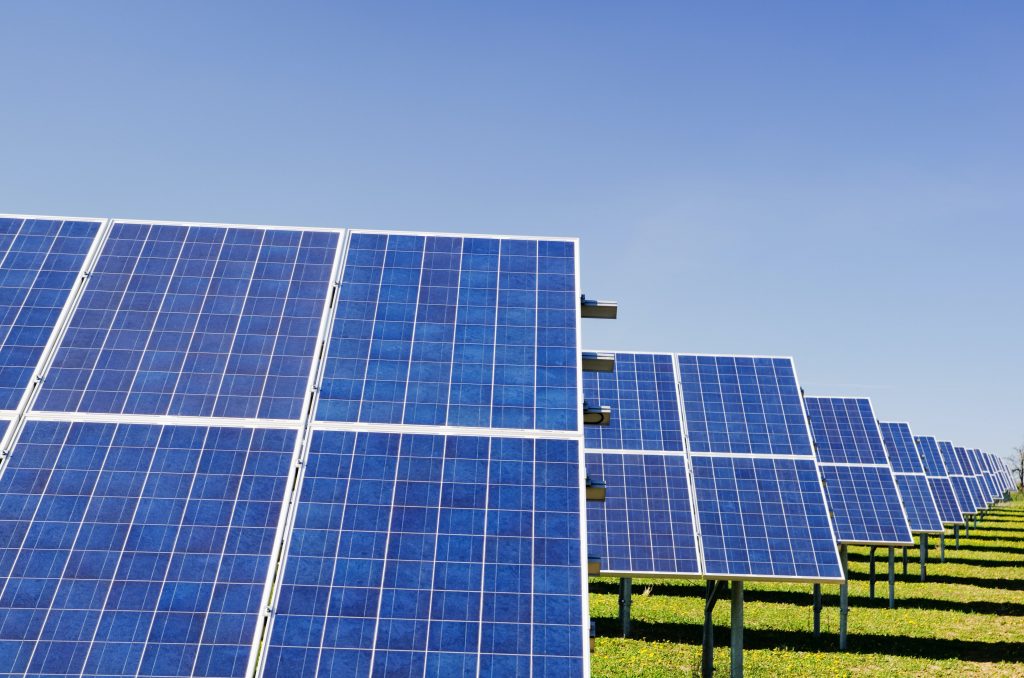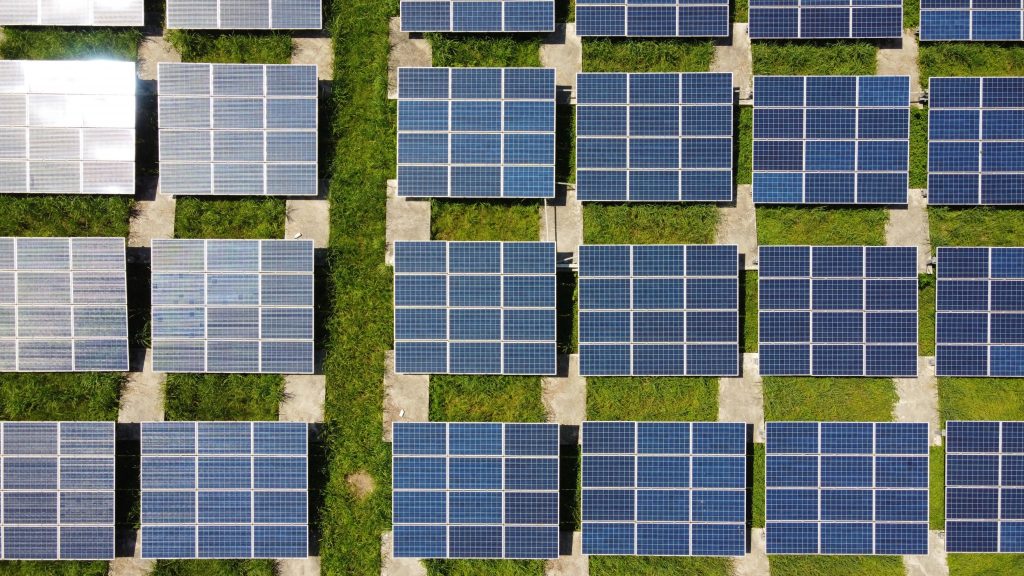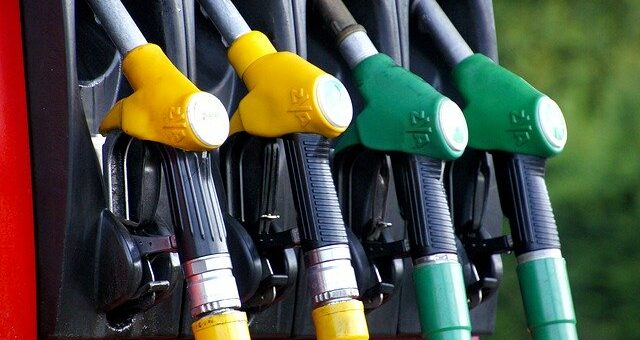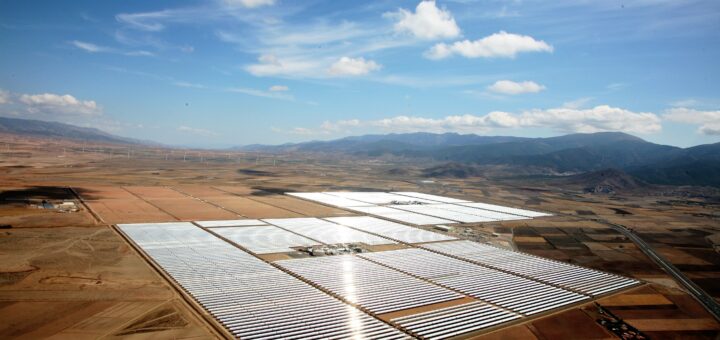DEEDS’ knowledge base constitutes of two components: the scenario explorer and the technology database and intends to reach out to a broader audience and academia who could deliver deep and rapid reductions in emissions. This may help stakeholders to access detailed information about expected European emission limits, technology markets and energy prices, to develop strategies and understand the market potential for technologies consistent with decarbonisation pathways.
Public / policy - National
The largest short-term reduction in energy use and largest short-term reduction in energy use and carbon emissions in a lifetime is a result from the Covid-19 pandemic and are still in the process of being assessed. This had led to significant changes in people’s day to days lives that are unparalleled in the last few decades.
Renewable energy cooperation can play an important role in the energy transition in the European Union through international trade, safeguarding security of energy supply, coordinated climate adaptation measures, and optimizing the cost-effectiveness of actions. Concentrating Solar Power (CSP) could play a useful role, e.g. contributing to achieve climate goals in certain countries, or supporting the energy system with dispatchable electricity, they also believe that this role could be filled by realizing other options.
The European climate change strategies key element is the transition of the energy system towards a more sustainable energy supply, and the decarbonisation of the electricity sector through the deployment of renewable energy technologies. Concentrated Solar Power (CSP), as a dispatchable renewable energy technology combined with thermal energy storage, could contribute to the deep decarbonisation of the European Energy system by providing sustainable electricity and adding to system flexibility.
Biomass and its demand are growing for multiple uses, such as food for humans and livestock, biofuels, and biomaterials. So, the competition for the biomass itself, as well as that for the natural and socio-economic resources required for its production, is expected to worsen. The assessment of biofuels as an innovation has shown to be a complex issue and difficult to address with conventional modelling approaches for the following reasons explained in this post.
Different Concentrated Solar Power (CSP) projects has pros and cons for cooperation, so the policy goals in the importing and exporting countries, which partially depend on the context conditions in these countries, should be considered. This post discusses and derives policy implications from CSP projects and how this effects cooperation.
Renewable energy cooperation is expected to play a role to ensure an effective and affordable energy transition in the EU. Besides cost savings in meeting the RES targets, there are multiple factors that determine a Member States’ willingness to engage in a cooperation agreement. Regarding CSP deployment in the past and potential obstacles to the use of cooperation mechanisms, several barriers stand out for cooperation discussed in this post.
There is no uniform format in the energy sector of the EU, although there are some initiatives for regional cooperation leading to intense cooperation between governments in specific parts of Europe. The main asset of regional cooperation lies in the ability of the involved actors to co-ordinate more efficiently. More work is required to address issues related to the further deployment of RES from 2020 to 2030 e.g., the most efficient use of RES potential.
Researchers take a critical look at the use of energy efficiency indicators in energy policy and state the strategy of energy efficiency to save energy is very simple. However, efficiency is problematic to implement. Oversimplification of efficiency measurements can have a detrimental effect on the choice of energy policies. Proposed method unpacks and structures energy input and output information in a meaningful and transparent way by generating a rich multi-level and multi-dimensional information space.
A significant proportion of Eastern Africa is a relatively poor with a predominately rural population and lack access to modern energy services. Reliance on traditional biomass has created severe problems for both the environment and the health of the population: improved access to cleaner fuels would solve this and achieve multiple policy goals. The Global Change Assessment Model (GCAM) is utilised to simulate future scenarios. The study suggests the optimal subsidy policy implementation and recommendations.










